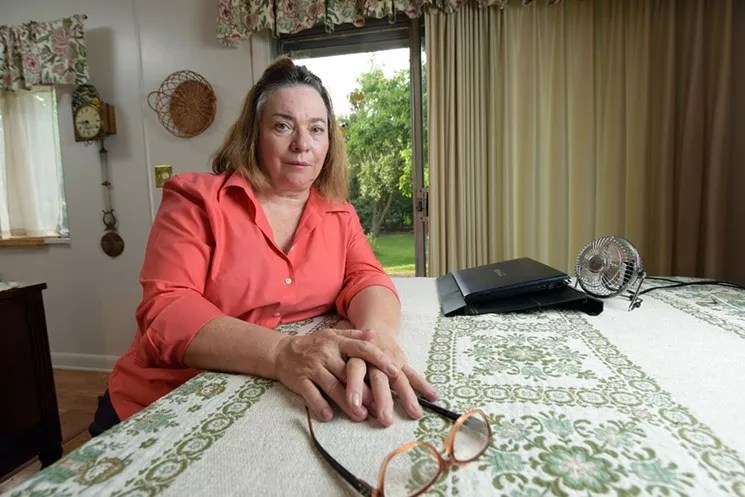
Morguefile

Audio By Carbonatix
As colleges and universities across the state adjourn for the winter break, thousands of students head home for a rest or possibly a short-term seasonal job. But for most of the instructors at Colorado’s community colleges, the holidays offer not a respite, but a time of great anxiety and financial strain, with no cash coming in and looming uncertainty over the number of courses they might be hired to teach in the months or years to come.
One group is trying to change that, urging adjunct faculty to apply for unemployment benefits during the break – a move that’s been hotly contested by college administrators in the past, but one that Caprice Lawless says is both legal and necessary for many instructors to avoid “financial catastrophe.”
“Most people are unaware that adjunct faculty are typically earning $2,500 or less a course, and only teaching three courses a semester,” says Lawless, a part-time teacher in the English department at Front Range Community College who also holds an executive position in the American Association of University Professors, a national advocacy group for faculty rights. “We’re getting less than a living wage, and winter breaks are especially tough.”
There are 4,600 part-time instructors in the thirteen colleges that make up the Colorado Community College System. As we’ve reported in previous stories about the CCCS, they teach 80 percent of the courses but get paid roughly a third of what full-timers make for teaching the same classes. The part-timers are rarely offered enough hours to qualify for employee health benefits, have no job security, and often shuffle between two or three campuses to secure enough course assignments – all for the privilege of earning around $20,000 a year.

Part-time professor and activist Caprice Lawless has struggled to pay utility bills in the winter and now helps other community college instructors file for unemployment.
Anthony Camera
It’s a path that many dedicated educators choose to pursue despite the hardships. Lawless has been teaching at Front Range for close to two decades; during that time, she’s negotiated her way through numerous shut-off notices for her water and power, especially during summer or winter breaks, and helped colleagues access food banks and apply for food stamps. But when she tried to apply for unemployment compensation during periods that no paycheck was coming in, she says, CCCS officials formally opposed her requests, which were consistently denied.
“The good news is the U.S. Department of Labor has investigated this widespread practice [of denying benefits],” she says. “So now there are new guidelines.”
Lawless explains that the AAUP has been successful in obtaining unemployment benefits for some part-timers who are between courses, based on the contention that they don’t have “reasonable assurance” of being hired again. Some are reluctant to apply, fearing retaliation. But this week Lawless and other AAUP activists will be offering the first-ever Unemployment Deployment Workshop for part-timers, showing them how to follow the process, as well as how to tap into Low-Income Energy Assistance Programs and other resources.
“The CCCS administration, which is extremely Scrooge-like, will probably try to get around this next year,” she predicts. “All of this hardship is unnecessary, because the CCCS takes in $20 million a year more than it spends.”
Past efforts to raise the adjunct instructors’ pay have been defeated by CCCS lobbying efforts; administrators insist they don’t have the resources for increased salaries, even as the system is spending lavishly on new capital projects and executive pay.
The AAUP Unemployment Deployment Workshop gets under way Thursday, December 14, from noon until 5 p.m. in the downstairs poker room at the Denver Press Club, 1330 Glenarm Place. For more information, call 720-939-3094.